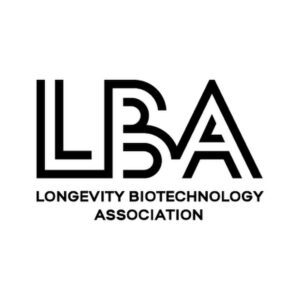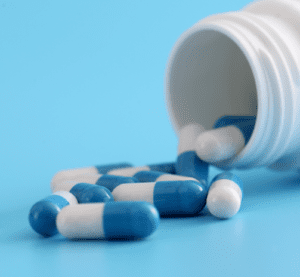- The initiation of IND-Enabling Studies for NDC-0009, a Novel Small Molecule for the treatment of Type 1 Diabetes has begun.
- CROWN POINT — Neurodon Corp. announced today the initiation of essential studies necessary to enable preparation of an Investigational New Drug (IND) application for the U.S. Food and Drug Administration (FDA) for NDC-0009, a novel molecule to treat T1D.
Neurodon aims to initiate clinical trials in the second half of 2022
“We are excited to achieve this milestone with the selection of a development candidate for our diabetes program. Our molecules have demonstrated compelling efficacy in both animal models and human pancreatic islets, and we are focused on developing first-in-class therapeutics to meaningfully impact those living with T1D,” said Neurodon CEO, Russell Dahl, Ph.D. “We look forward to translating our drug’s ability to restore insulin production in pancreatic islet cells to provide disease-modifying options for patients.”
Neurodon’s Vice President of Operations, Colleen Mauger, R.N., added, “Since receiving an Angel investment to fund our diabetes program in 2019, we have made rapid-fire progress to achieve this critical landmark. As our pipeline matures, we envision additional programs reaching this stage in the near future.”
About NDC-0009 and Neurodon’s Drug Candidates
Neurodon’s patented molecules target a key pathway called endoplasmic reticulum (ER) stress. ER stress is triggered by various factors arising from disease and is a key feature of type 1 and type 2 diabetes, inflammation, and neurodegenerative disorders like Alzheimer’s and Parkinson’s diseases. In addition to demonstrating the ability to regulate glucose and preserve insulin function in animal models and pancreatic β-cells from human donors, NDC-0009 is orally available and is well-tolerated in animals with repeat dosing.
About Type 1 Diabetes
The pathophysiology that gives rise to T1D is a result of autoimmune-induced destruction of pancreatic islet cells that produce insulin. This leads to impaired blood glucose control in patients. Resulting glucotoxicity is responsible for accompanying maladies such as kidney disease, vision loss, nerve disease, heart disease, and death. Insulin currently represents the main treatment as there are limited options for T1D patients.




